Several years ago, one of the local high schools near me put on an anti-bullying campaign called “Dude, Be Nice!” During the time that the campaign was going on, I’d often see students, parents, and teachers wearing navy blue t-shirts with the slogan in huge white lettering across the front. I loved seeing those shirts around town because they served as a reminder to me that I almost always have a choice as to whether my words tear someone down or build them up.

Since then, the phrase “Dude, Be Nice!” has become a kind of life motto for me (I even managed to get my hands on one of those t-shirts), and I think it is an especially relevant foundation for learning how to offer quality feedback in photography. Being nice is always the most important part in offering constructive criticism that is meaningful and will be heard.
Here are a few other tips that will help you master the art of constructive criticism:
Be Conscious of the Setting

Have you ever seen a photographer share an image on social media, saying how much they love this particular image, only to have some random person comment with criticism? Sometimes the comments may be constructive criticism, other times they’re just plain criticism like, ‘This photo sucks, and you’re a terrible photographer.” We don’t need to get into the dynamics of what might cause someone to leave the latter sort of comment because that’s just not worth any of our time.
One thing that we should spend a bit of time thinking about is whether the person you’re responding to is actually asking for constructive criticism. There are a lot of great Facebook groups for new photographers to give and receive constructive criticism. That’s an appropriate place to offer thoughtful feedback about another person’s image. However, a photographer’s personal Facebook page may not be an appropriate place for that sort of feedback. You obviously have the freedom to say whatever you’d like, but I’d argue that offering criticism (even if it is constructive) when it hasn’t been asked for is very rarely helpful.
Use a Compliment Sandwich

Most of us have heard about the concept of a compliment sandwich before. This idea isn’t new or groundbreaking, but I want to reiterate just how effective it can be in terms of providing constructive criticism that is actually heard by the recipient. For example, if we take my own image above, here’s an example of how to offer the same piece of criticism in several different ways:
Straight Criticism: Your composition sucks. The baby should be either in the center or following the rule of thirds.
Constructive Criticism: The photo would be stronger if you composed it differently. I would have put the baby in the center of the frame so that there was the same amount of greenery on either side.

Compliment Sandwich: The vibrant colors of the flowers are a really unique and fun contrast to the usual neutrals you see in newborn photos, I like it a lot! One thing that could make the image stronger would be to adjust your composition so that the baby is in the center of the frame. Or, you could adjust the other direction so that the baby is more off-center, following the rule of thirds, which would make your composition look more intentional instead of accidental. Overall though, good job on exposure, focus, and coloring!
As you can see, the essential criticism is the same in all three examples. However, when you use a compliment sandwich, that same criticism is framed in a way that serves to build the recipient up which will make it more likely that they are able to hear and internalize your feedback.
Ask a Question

Another really good method of offering constructive criticism is to phrase your criticism in a question. For example, you might ask something like, “Why did you choose to apply a matte treatment to this image?” Or, “Why did you decide to focus on the left petal of that flower rather than the center of the flower?”
Framing something that may be a criticism in the form of a question helps to diffuse the psychological impulse that when we receive criticism, we’re being attacked. In addition, it requires the photographer to think about whether the element that you’re asking about was a conscious decision or an accident. This will help determine whether the criticism is coming from a stylistic difference (more on that in a minute!), or whether it was not an intentional decision, and an element that they may not have thought about before.
Be Aware of Stylistic Differences

The novel, “The Road” by Cormac McCarthy received a Pulitzer Prize for fiction in 2007. It also breaks almost every conventional grammar rule known to man. Does the fact that it doesn’t follow the traditional rules mean that it’s less valuable? Nope. On the other hand, does the fact that it won a Pulitzer mean that it’s going to be everyone’s cup of tea? Again, nope.
Whether you’re talking literature, art, music, or photography, there are lots of different styles or genres that will appeal to different people. The fact that I don’t personally prefer HDR photography doesn’t mean that there’s no value to HDR images.

When giving constructive criticism, it’s important to consider whether or not your criticism is rooted in stylistic differences. For the most part, I’ve found that constructive criticism based primarily on stylistic differences is not a productive use of anyone’s time.
Offer a Suggestion or Solution
I’m a firm believer that learning how to offer constructive criticism is beneficial to both those giving and receiving the feedback. It forces the giver to think about an image in greater detail, and to really identify things that you like and dislike about an image (and why). When constructive criticism is done well, it allows the recipient the opportunity to hear from others about their photography, affirming the things they do well and identifying areas that may need improvement.

One of the ways that you can make your feedback even more beneficial to the person on the receiving end is to offer advice as to how to either correct or prevent the problem that you’re providing the feedback on, in the future. Whether you’re suggesting a remote shutter release in order to prevent camera shake in astrophotography or cropping an image in post-production to improve composition, giving someone else the tools to better their craft is one of the qualities that separates constructive criticism from quality constructive criticism that is likely to make an impact.
It also makes YOU a better photographer, as it forces you to think in advance about how you’d handle different challenges and circumstances in advance, and create a game plan for how you’d handle them.

Conclusion
If you’re offering someone else constructive criticism, don’t forget that it is really hard to put yourself out there! Be kind, and encourage one another. Make sure that constructive criticism is actually wanted before you offer it. Utilize a compliment sandwich when possible. Frame your criticism in the form of a question, and be aware that some criticisms boil down to stylistic differences. Most importantly, if you want to offer quality constructive criticism, offer a suggestion or solution that will help to correct or prevent the issue you’re seeing.
Then, chime in below–what was the most helpful piece of constructive criticism you’ve ever received? Why was it helpful? What was the least helpful? Why?
The post Dude Be Nice – Mastering the Art of Constructive Criticism by Meredith Clark appeared first on Digital Photography School.
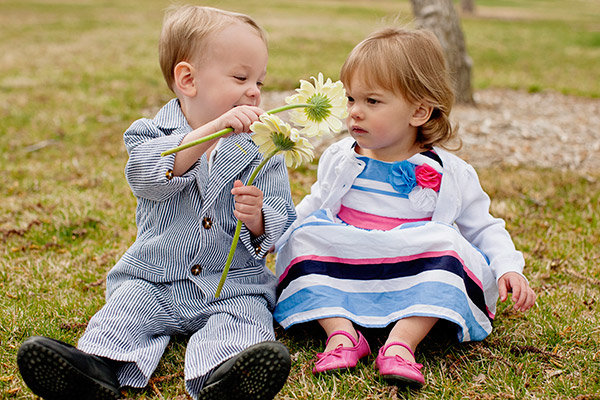
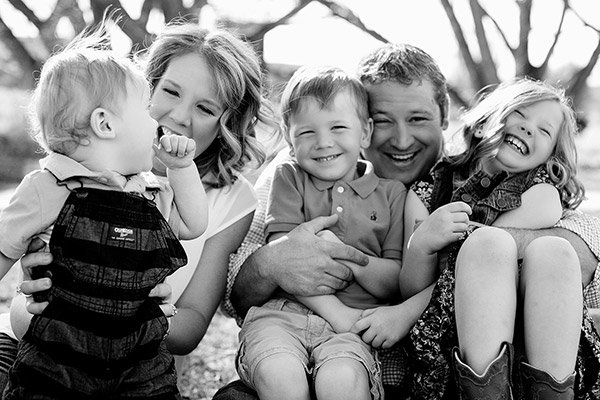
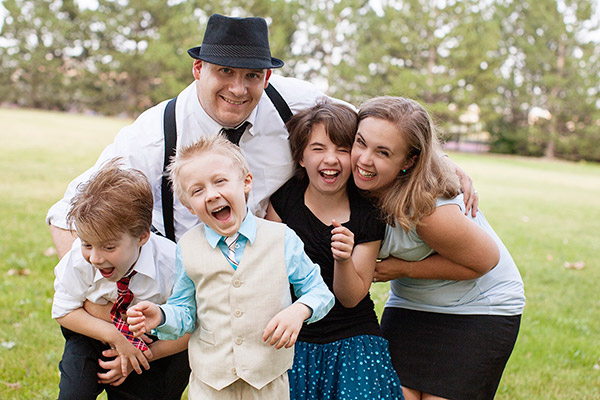



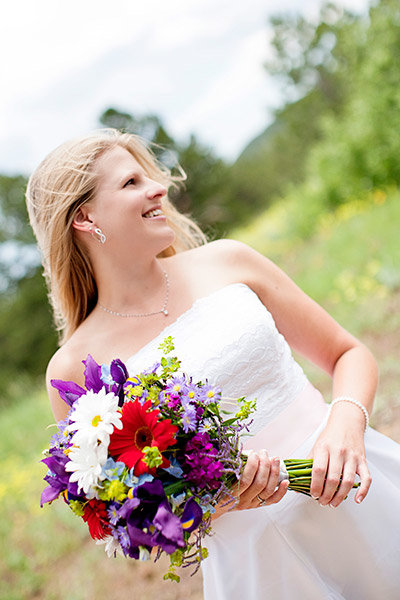
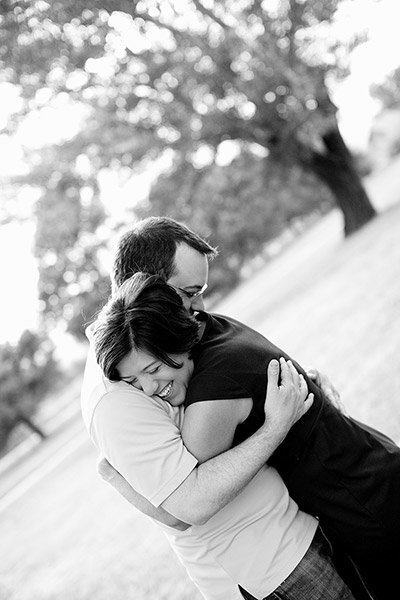

You must be logged in to post a comment.